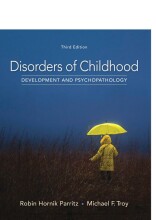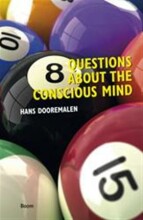Introducing attitudes
6 important questions on Introducing attitudes
Where is disagreement in defining attitude?
- Unitary (one single thing) or not?
- Context-dependent or stable?
What are ways to measure implicit attitudes?
- Affective priming
- Fazio
- Are the words death/joy good or bad? Primed with happy word with a few miliseconds
- Implicit Associations Test
- Man/carriere, vrouw/gezin --> reactietijd om promotie te plaatsen
- Vrouw/carriere, man/gezin --> reactietijd om promotie te plaatsen
- Het is blijkbaar makkelijker om promotie te plaatsen bij een 'congruente' samenstelling van woorden want snellere reactietijd
What research found out that implicit attitudes can result in implicit behavior, regardless of the explicit attitude? What does this mean for advertising?
- Less touching of black confederate hands (when sharing a pen)
- Sit farther away from a black confederate
- Being less friendly to a black confederate
- Less eye contact and more blinking
- Explicit measures might not pick up on effect of advertising (e.g., reluctance to admit influence or don’t know)
- Explicit attitude might be different from implicit attitude (relevant for strategy: goal could be to resolve mismatch before anything else)
- Higher grades + faster learning
- Never study anything twice
- 100% sure, 100% understanding
How does the saying "attitudes are likely not unitary" fit with the dual attitudes theory?
- “Old” attitude (more often implicit)
- “New” attitude (more often explicit)
What are two opposing views on attitudes being context dependent or stable?
- File-drawer model: Attitudes are learned and retrieved from LTM and therefore stable
- Attitudes-as-constructions-theory: attitudes are not necessarily enduring but are constructed "online"
What is the role of attitude strength in terms of attitude stability or context dependency?
- Weak attitude: more likely to be constructed online (attitudes-as-constructions-theory)
- Strong attitude (file-drawer model): more likely to be retrieved
The question on the page originate from the summary of the following study material:
- A unique study and practice tool
- Never study anything twice again
- Get the grades you hope for
- 100% sure, 100% understanding






























